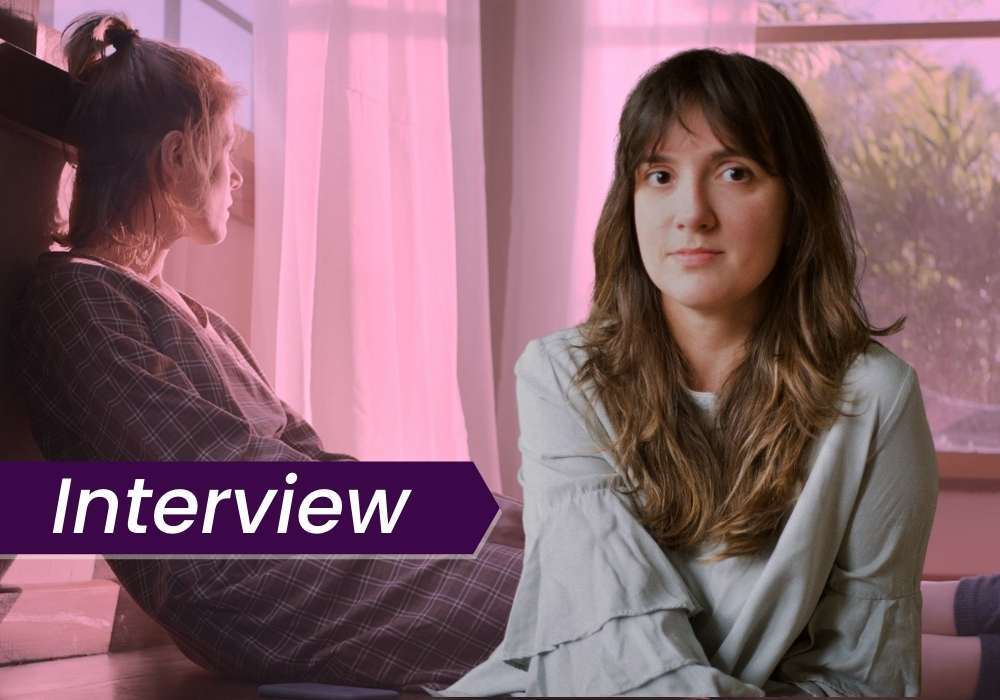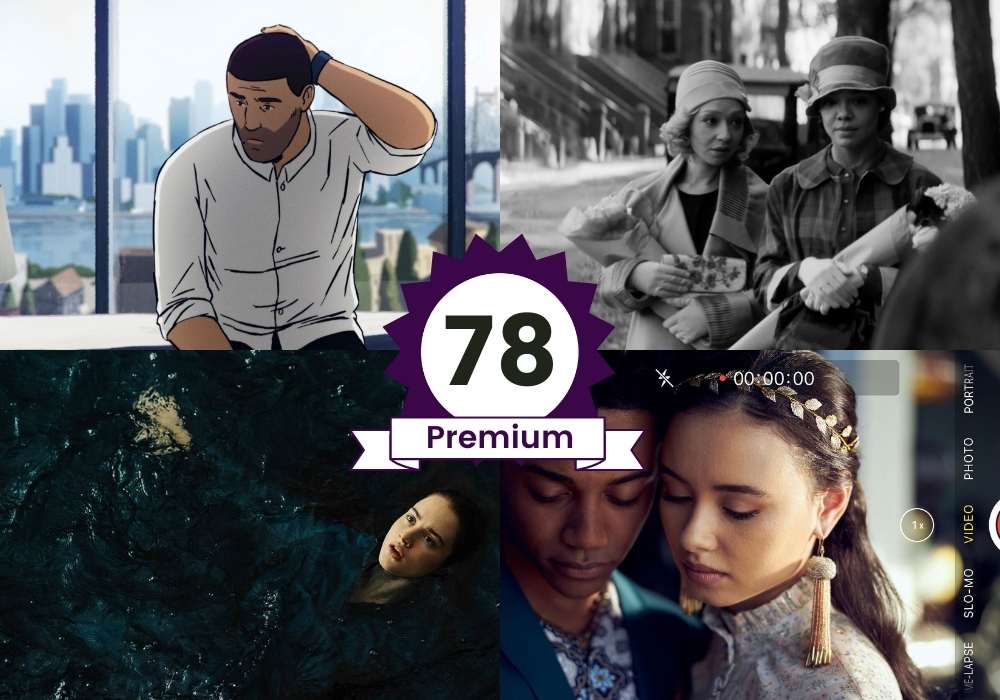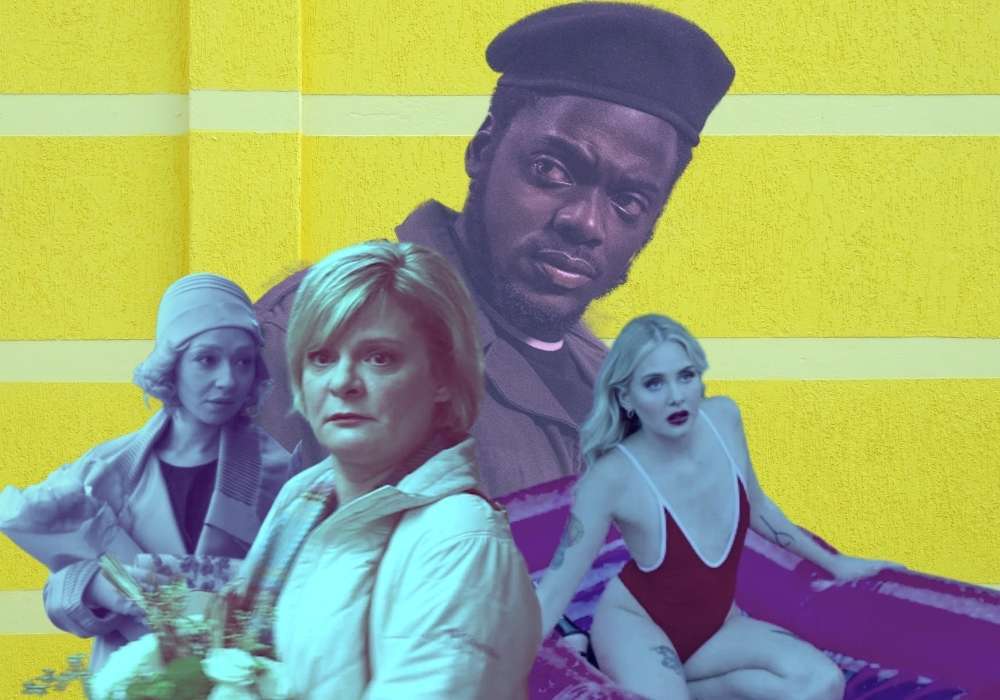Seventh Row’s editors pick the best films of Sundance 2021, from the big winner CODA to the under-the-radar Writing with Fire.
Check out all our Sundance coverage.
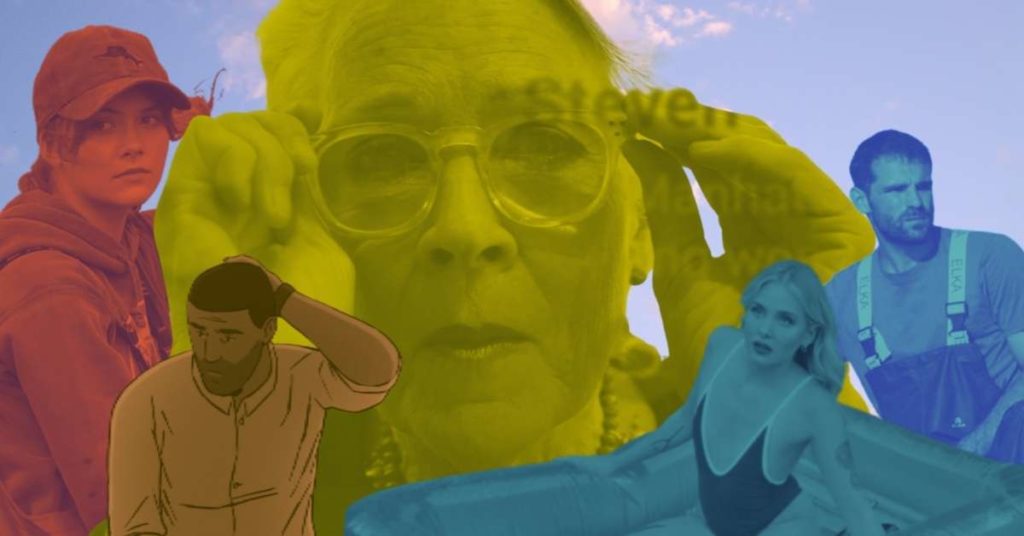
Discover one film you didn’t know you needed:
Not in the zeitgeist. Not pushed by streamers.
But still easy to find — and worth sitting with.
And a guide to help you do just that.
Although Sundance is a film festival that primarily programmes American films, our Sundance 2021 was defined by the more adventurous and inspired world cinema offerings. Six out of the ten films on this best of Sundance list are international titles from the small but rich World Cinema Dramatic Competition and World Cinema Documentary Competition.
These films were a reprieve from a virtual festival that disappointed us quite a bit; the more buzzed-about titles continually let us down. There were plenty of middling US directorial debuts (On the Count of Three; The Blazing World; Ma Belle, My Beauty; Superior), including the grindingly tedious Mayday and the bafflingly bad Shakespeare adaptation R#J. Even the World Dramatic films that were actually rewarded — Hive, which dominated most of the awards, and Thai drama One for the Road — were among our least favourites in the category. In retrospect, TIFF 2020 was a treasure trove of quality. Perhaps we have the pandemic to thank for the low quality at Sundance this year (are the best films waiting for in-person premieres later in 2021?). Although I’m skeptical about Sundance’s American cinema programming in the best of years, as it seems to be less about actual quality and more about choosing films that fit their quirky indie brand, as well as inviting back previous Sundance alums.
The ten films we’ve selected for this list made our festival experience worthwhile, whether they were films we genuinely loved, films that gave us a lot to think about, or films that heralded exciting new cinematic voices (or all three).
Before we get to the full list, a few honourable mentions. We really liked the short films Raspberry and Doublespeak. The documentary Try Harder! was divisive amongst our staff, but you can read Orla Smith’s appraisal of it here. Mass is more a great actor’s showcase than a great movie. Together Together is a bit thin, but we appreciated its subversive gender politics. El Planeta is low on character insight but high on satirical laughs. Son of Monarchs looks gorgeous and rightfully won the Sloan Prize for Science in Cinema for its impressive photography of monarch butterflies, including in the lab, but it gets silly at times; and Strawberry Mansion wasn’t our thing, but it’s visually stunning and inventive, especially considering its small budget.
10. Writing with Fire (Sushmit Ghosh, Rintu Thomas)
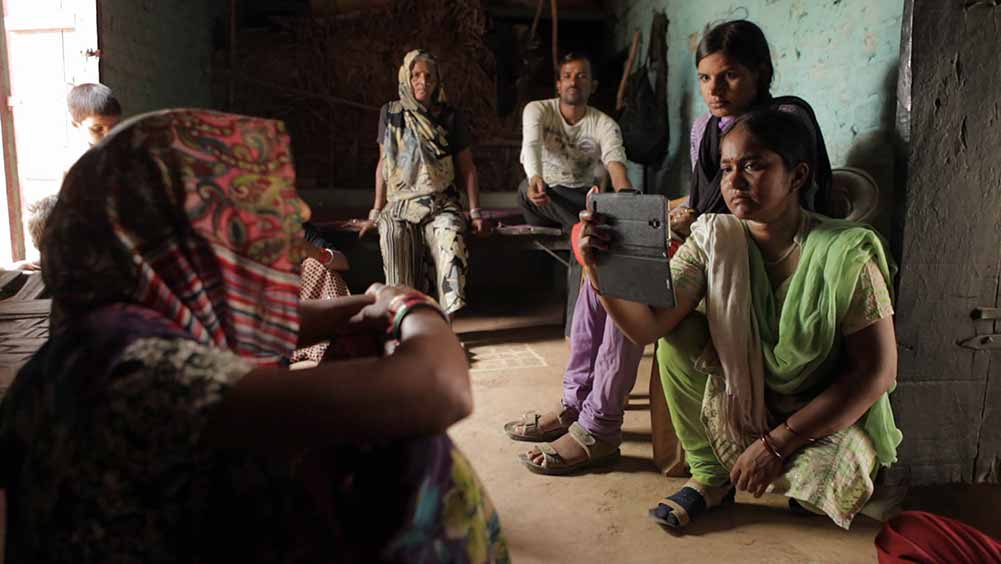
The real strength of the documentary Writing with Fire is in how it drops you into a totally foreign world, of women journalists doing dangerous work in India, speaking truth to power at often great personal costs. It charts the development of the new digital side of the only female-run newspaper in the country. The filmmakers make similar use of video as its subjects do to bring you right into the reality of the problems that are happening: video allows you to see the faces of people affected. The journalists depicted are smart and impressive women, and it’s inspiring to watch them navigate sexism, patriarchy, and going digital. Alex Heeney
Writing with Fire is still seeking distribution.
9. We’re All Going to the World’s Fair (Jane Schoenbrun)
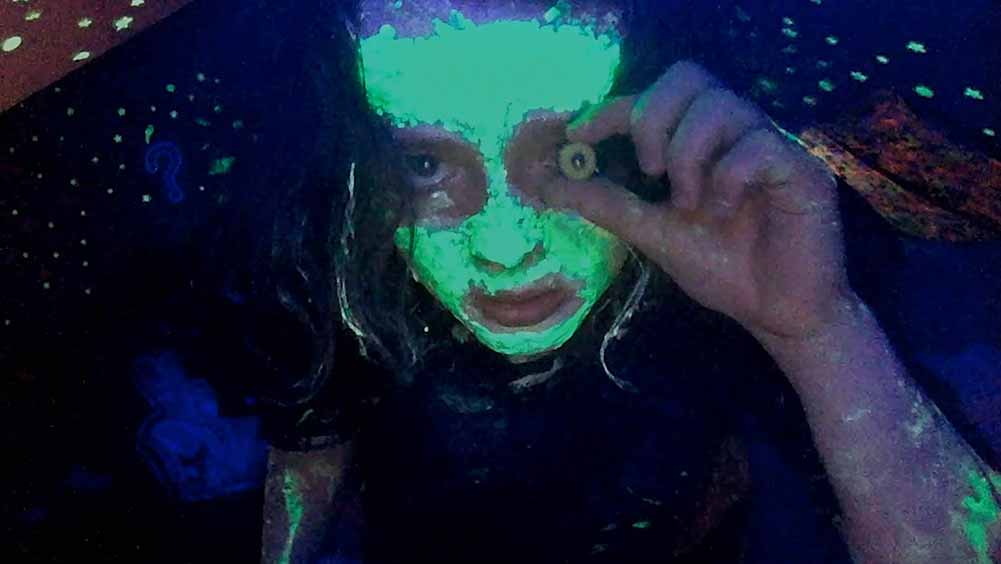
From our interview with Jane Schoenbrun: “Jane Schoenbrun’s original, sometimes baffling directorial debut, We’re All Going to the World’s Fair, traps us in the claustrophobic, lonely mind of a teenage girl. Casey (intriguing breakout Anna Cobb) spends most of the film in her darkened bedroom, glued to the unnatural glow of her phone or computer screen. We never meet her friends, see her at school, or see her interacting with anyone except online acquaintances; we hear her dad’s voice a few times, but never see his face. Casey is a mystery to us beyond the strange online world she occupies.”… Read the full interview.
We’re All Going to the World’s Fair is still seeking distribution.
8. The Pink Cloud (Iuli Gerbase)
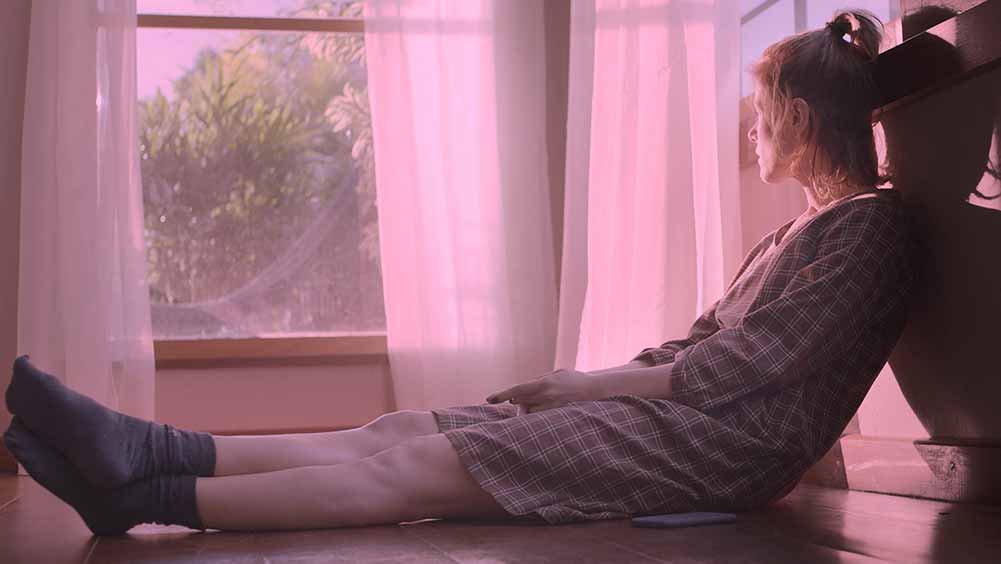
From our interview with Iuli Gerbase: “After a night of revelry and casual sex, perfect strangers Giovana (Renata de Lélis) and Yago (Eduardo Mendonça) suddenly find themselves stuck together in Giovana’s apartment because it’s no longer safe to go outside. Out of nowhere, a mysterious pink cloud descends over the world, and it will kill you if you’re within its vicinity for ten seconds. Brazillian writer-director Iuli Gerbase uses this sci-fi premise for her feature debut, The Pink Cloud, to explore a relationship at its limit: how do you learn to live with someone you didn’t choose for days, weeks, months, and years, when there’s no escape but death?”… Read the full interview.
The Pink Cloud is still seeking distribution.
7. Passing (Rebecca Hall)
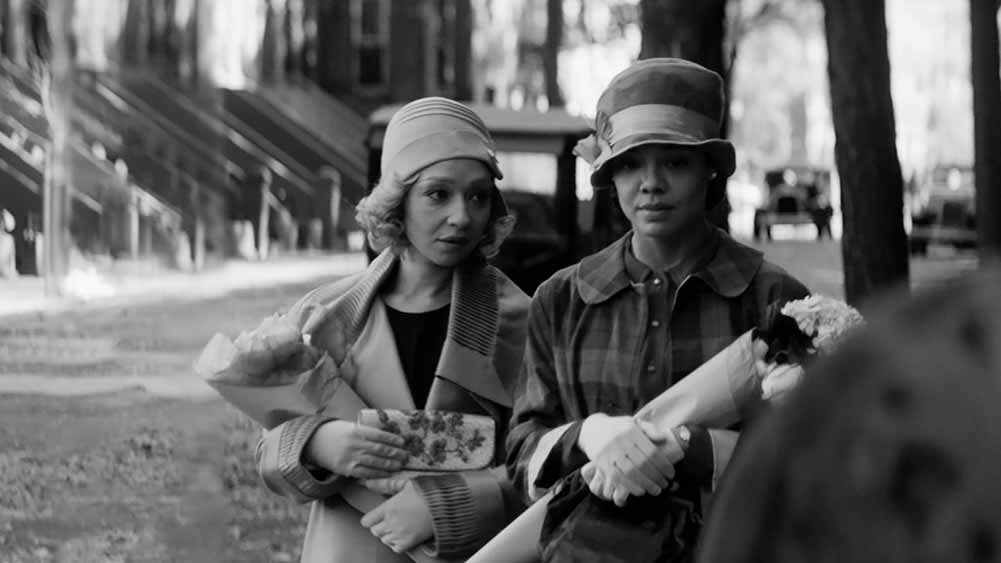
Rebecca Hall’s feature debut, Passing, features an incredible ensemble cast in this almost too faithful adaptation of Nella Larsen’s landmark 1929 novel about two light-skinned black women who form a friendship and flirtation. The book is a first-person narrative told from the perspective of Irene (Tessa Thompson), who lives in Harlem with her husband (André Holland) and their children. Her life gets shaken up when she reconnects with Clare (Ruth Negga), a childhood friend who is living her life as a white woman, married to a racist white husband (Alexander Skarsgård).
The film doggedly follows the book scene by scene, using most of the same dialogue, which often means we don’t get enough context for the characters and their relationships. Larsen’s narrator illuminates Irene’s inner thoughts, including when she’s lying to herself, whereas the film relies almost entirely on Thompson’s often opaque performance, meaning it plays better to book readers than those coming in fresh. Despite the screenplay’s shortcomings, this is a gorgeous film, exquisitely acted, especially by Negga, and Hall is extremely thoughtful about the blocking, costumes, and lighting. The black-and-white photography especially makes it difficult to assign a race to these women, highlighting the arbitrariness of passing judgement based on skin colour, despite the fact that it has huge ramifications on the people involved. AH
Passing will be distributed worldwide by Netflix.
6. Pleasure (Ninja Thyberg)
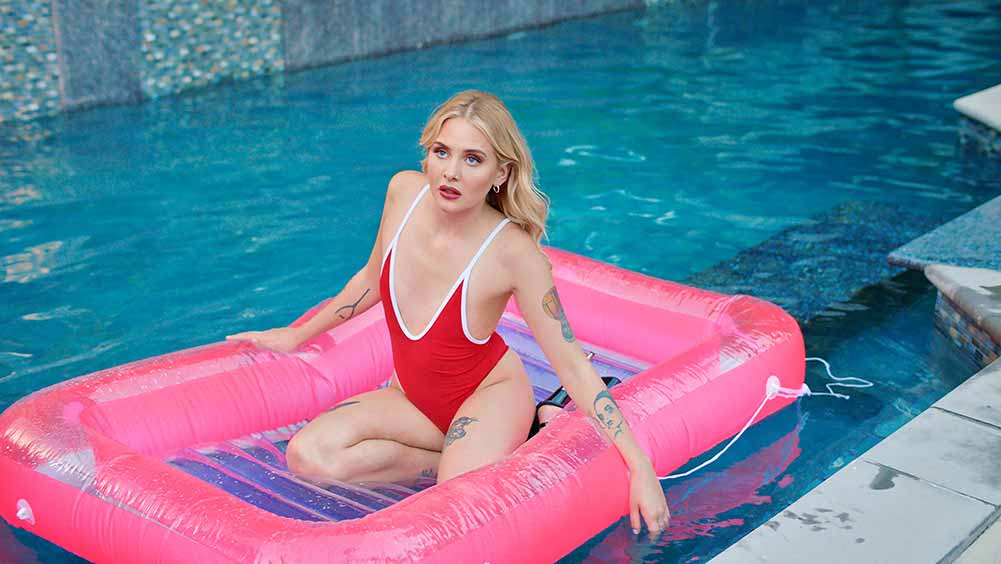
Ninja Thyberg’s directorial debut, Pleasure, was the talk of the festival for its explicit sex scenes set on porn sets, but what’s really astounding about the film is its nuanced exploration of consent. Thyberg really did her research about the LA porn industry, bringing in real people from the industry to work on her film, both in front of and behind the camera. It makes this story of young Swedish expat Bella Cherry (Sofia Kappel) trying to become the next big porn star feel incredibly real and unsensationalised. The film constantly asks us to question what a consensual porn shoot looks like. Bella’s first scene seems a little sketchy but mostly fine at first glance, until later, when you see her shoot a bondage scene with a female director. The female director (a real kink director who plays herself) is careful to establish consent at every stage of shooting, which makes you realise to what extent the directors of the first scene failed to do so. The film is also smart about how the more Bella’s boundaries are pushed by manipulative directors, the more she learns to manipulate other women in turn. Orla Smith
Pleasure will be released in Canada (MK2 Films), the US (A24), and the UK (Mubi) in 2021.
5. CODA (Siân Heder)
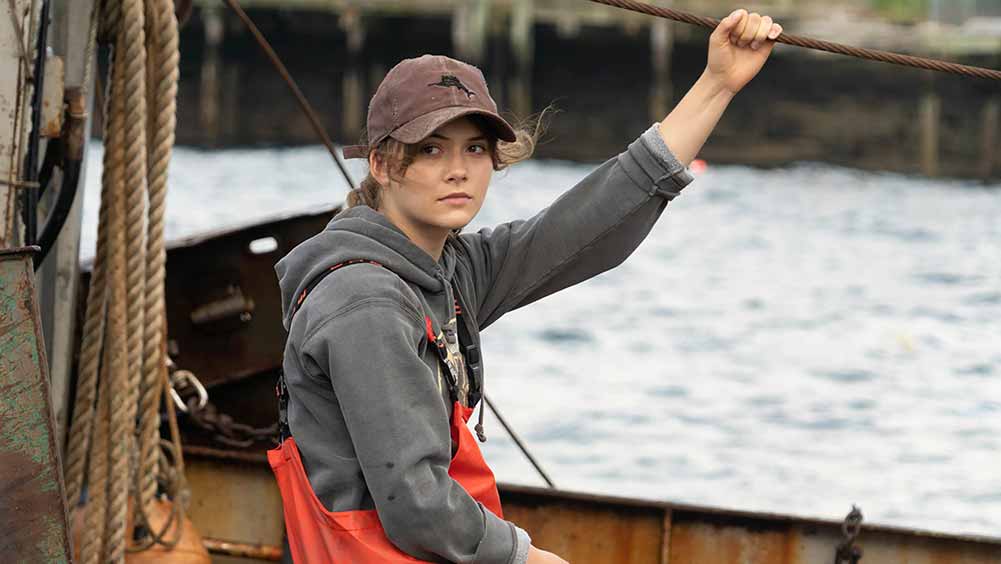
Siân Heder’s CODA is a formulaic film with so much heart, and so much emotional intelligence, that it manages to get away with some narrative cliches. It’s a step up from Heder’s first feature, Tallulah, a less ambitious film which we also appreciated for how smart it was about women’s relationships, even when the plot got silly. CODA follows Ruby (Emilia Jones), a child of deaf adults, who gets up at dawn each morning to help her family on their fishing boat, before heading off to high school. Ruby discovers a talent and love for singing, and so ensues a familiar coming-of-age narrative about a teenager finding her voice (literally). The film is skillful at balancing a lot of tricky narrative threads: Ruby’s singing practice, her relationship with her parents, her crush on a boy, and her family’s attempts to adapt to a changing fishing industry. CODA also refreshingly defies a lot of tropes common to disability narratives, and importantly, casts actual deaf actors to play deaf characters (we’re looking at you, Sound of Metal). OS
CODA will be distributed worldwide by Apple TV+.
4. Luzzu (Alex Camilleri)
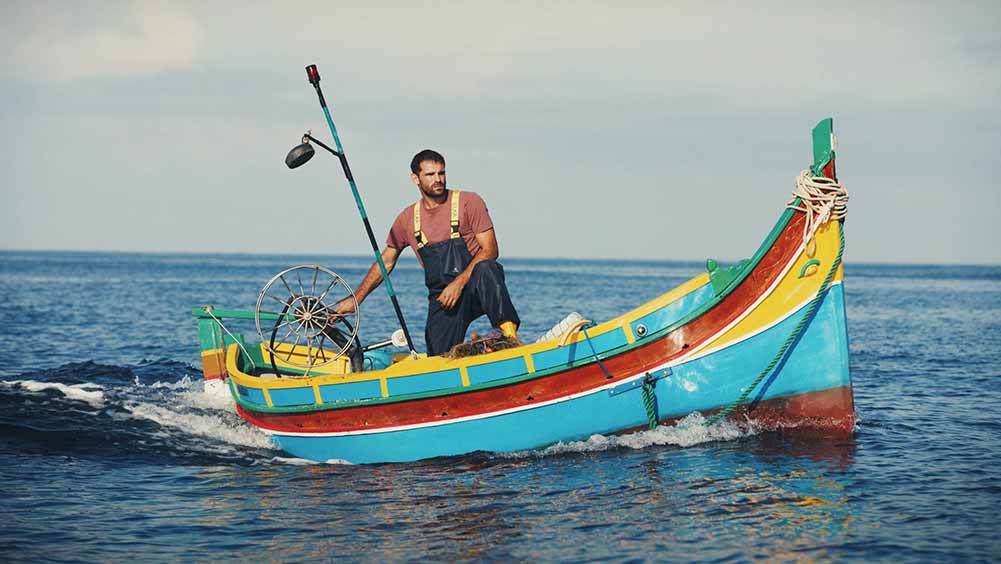
From our interview with Alex Camilleri: “Jesmark Scicluna, who just won the World Dramatic Special Jury Award for Acting, plays a character also named Jesmark, a fisherman from a long line of fishermen, who is struggling to make ends meet in this age-old profession. He’s a new father of a son who needs special care, and his wife is desperately struggling to find funds to get by, even if it means cow-towing to her wealthy but possibly criminal family. All Jesmark wants to do is spend his days on his luzzu, a traditional Maltese fishing boat, and in the process, earn a living. But with new fishing restrictions and a corrupt marketplace, it’s increasingly difficult to do an honest day’s work as a fisherman and still feed his family.”… Read the full interview.
Luzzu is still seeking distribution.
3. Searchers (Pacho Velez)
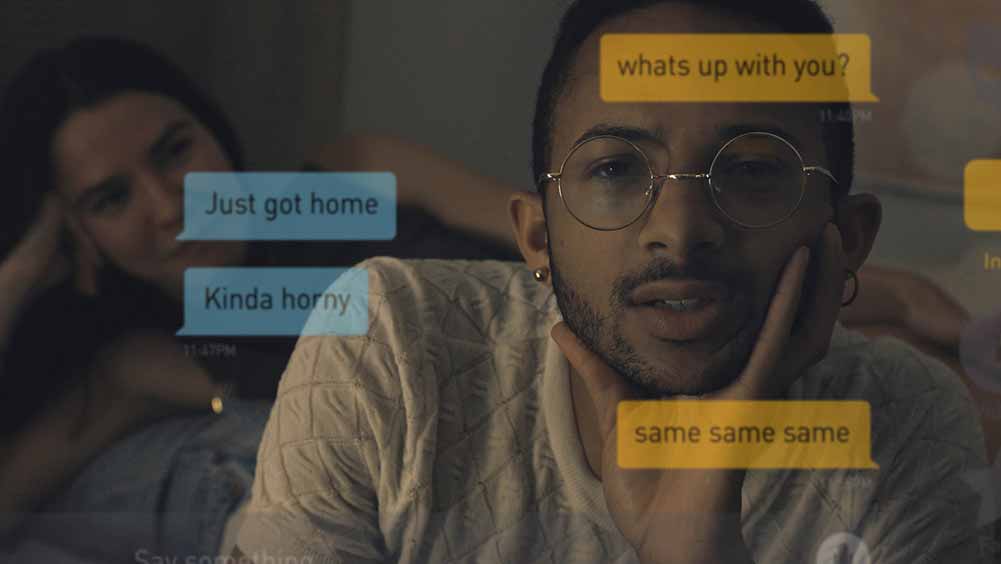
From our interview with Pacho Velez: “Searchers is a documentary about online dating in New York, made during COVID, although the pandemic is barely brought up, and only noticeable because of shots of New Yorkers on the street wearing masks. ‘The stuff about COVID was the least interesting,’ director Pacho Velez told me. ‘At the end of the day, looking for love and looking for connections has been going on since the dawn of time. It’s going to continue. The obstacles are different, but the search is pretty much the same.’ Because Velez avoids explicit discussions of the virus, Searchers is less a cheap attempt to make a ‘relevant’ film, and more a sweet, wholesome, and empathetic examination of finding love.”… Read the full interview.
Searchers is still seeking distribution.
2. Flee (Jonas Poher Rasmussen)
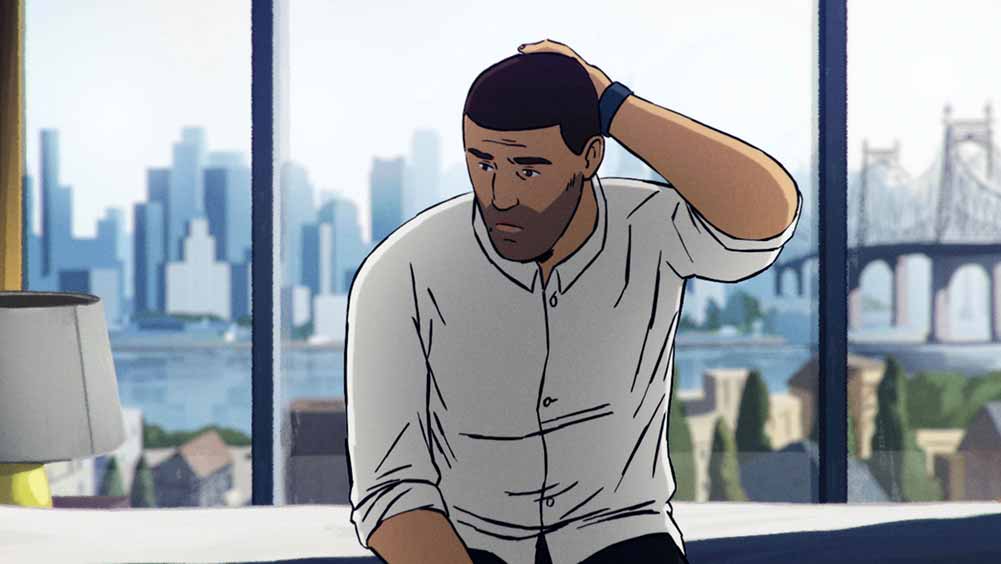
Flee, the Sundance World Documentary Grand Jury Prize winner, is told almost entirely through animation in order to preserve the anonymity of its subject. Amin is an Afghan refugee living in Denmark after migrating there from Moscow twenty-five years earlier. He’s also one of documentarian Jonas Poher Rasmussen’s best friends, and together (with Amin narrating and Jonas directing the animation), the pair tell Amin’s story for the first time. Animation isn’t just a necessity in Rasmussen’s film; it allows him to bring Amin’s memories to life in full colour and detail, and to fill in the blanks that Amin is too traumatised to state in words. But importantly, Flee is just as much about exploring how Amin copes with and recovers from his trauma today as it is about recounting his horrific past experiences as an asylum seeker. OS
Flee will be released in the US by Neon in 2021.
1. The Dog Who Wouldn’t Be Quiet (Ana Katz)
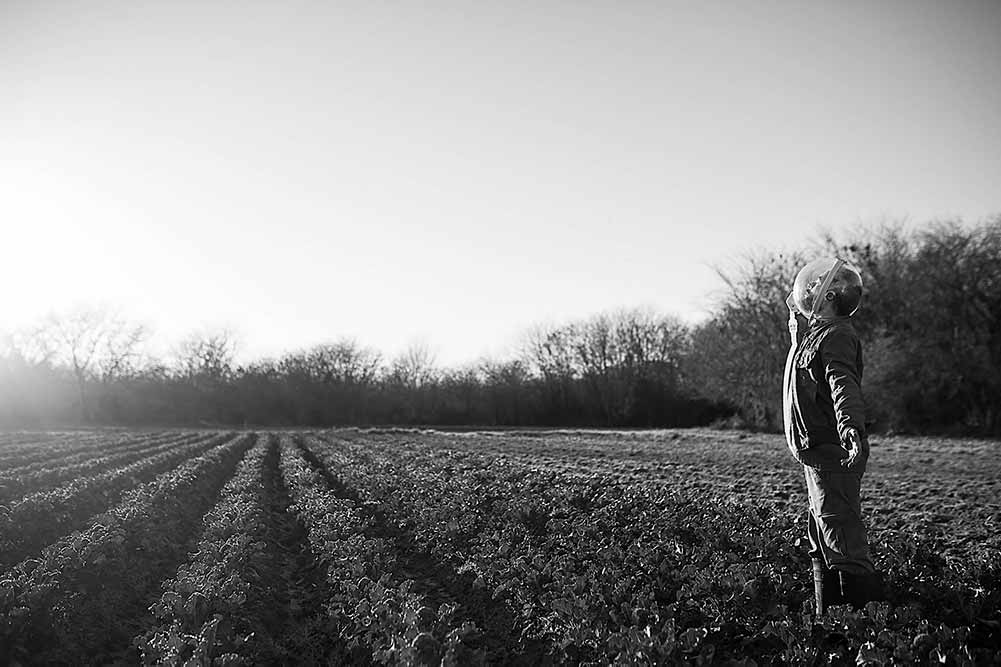
Ana Katz’s black-and-white slice-of-life dramedy is a series of vignettes in the life of a man who doesn’t quite fit into common perceptions of masculinity: he’s sensitive and a bit directionless. The film follows him as he loses his job in order to be able to stay home with his dog who suffers from separation anxiety. He makes a foray into farming, falls in love, has a child, and finds a new lease on life.
Shot over three years, the film is full of ellipses, offering little slices of what each stage of his life might look like — a dance at a wedding that forms the courtship for an important romance, a short time spent struggling as a new father, and more. The film is, at turns, quietly moving, as when we see him in wide shot with his dog, playing in the field. It’s also laugh-out-loud hilarious. What’s most impressive though is how much the images stick in your mind with perfect clarity, even weeks after watching the film. It’s just disappointing that the best film at Sundance had to screen at the International Film Festival of Rotterdam in order to win an award. AH
The Dog Who Wouldn’t Be Quiet is still seeking distribution.
We’ll keep our mailing list up to date on where to watch these great films.
Subscribe to the Seventh Row newsletter to stay in the know.
Subscribers to our newsletter get an email every Friday which details great new streaming options in Canada, the US, and the UK.
Click here to subscribe to the Seventh Row newsletter.
